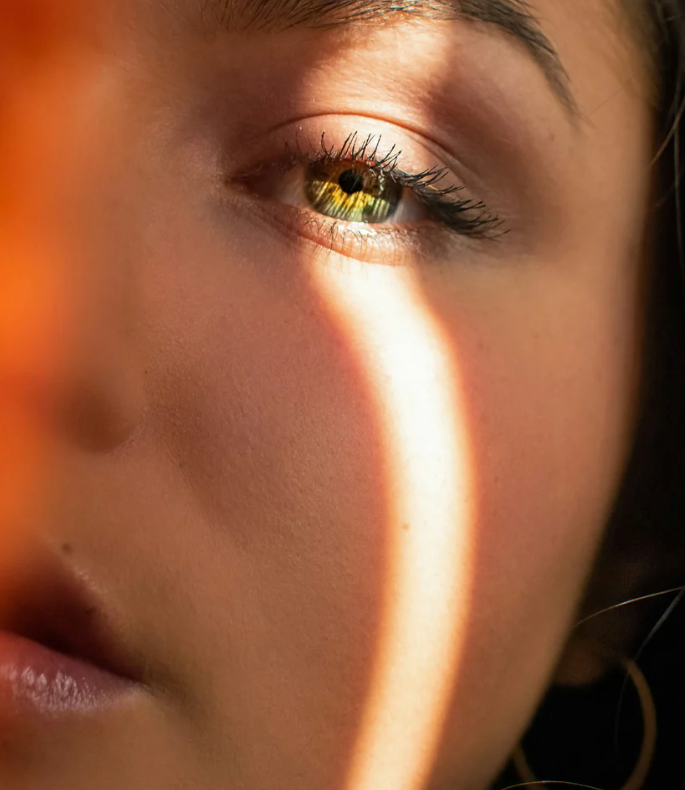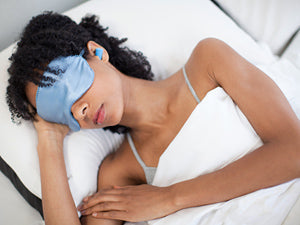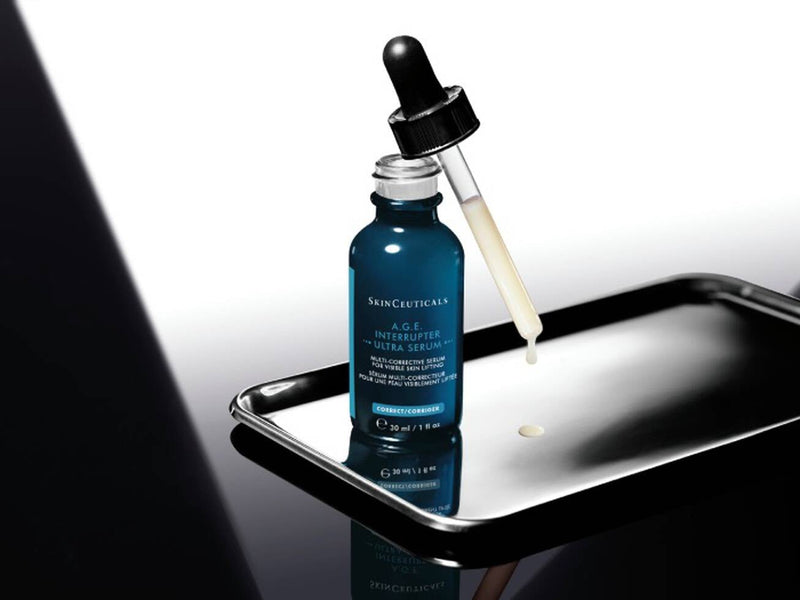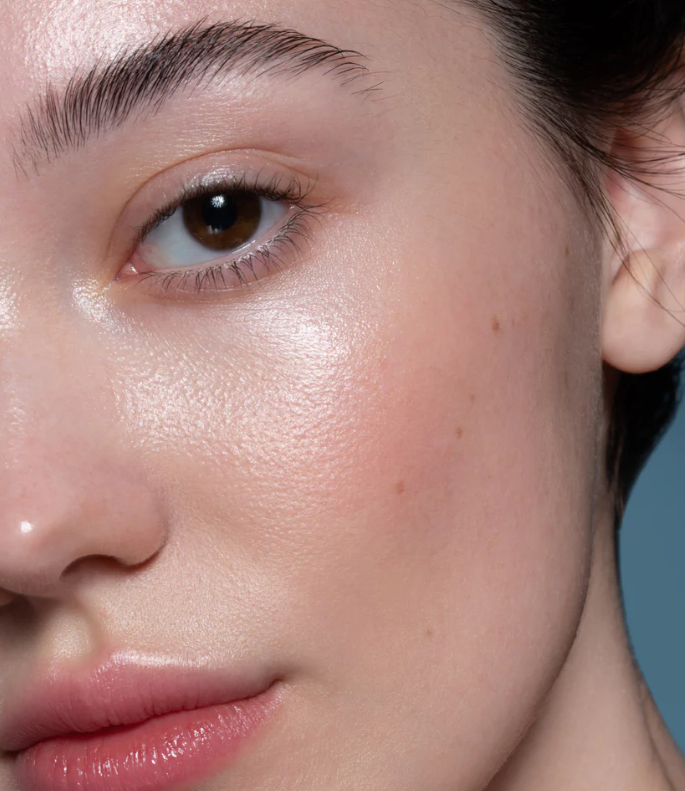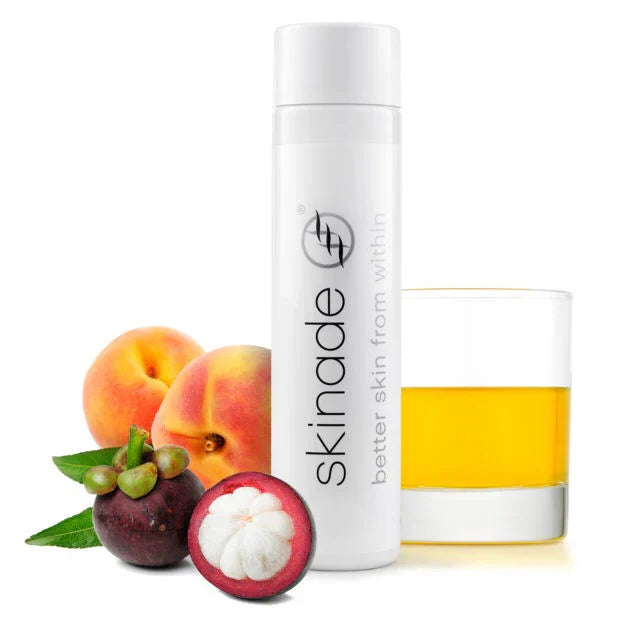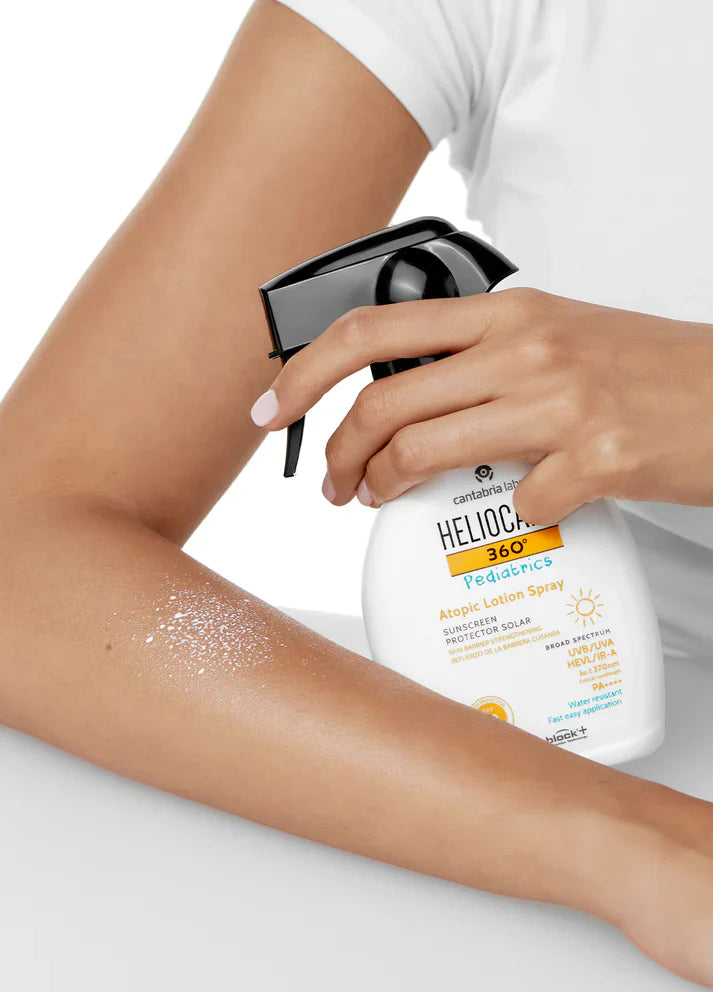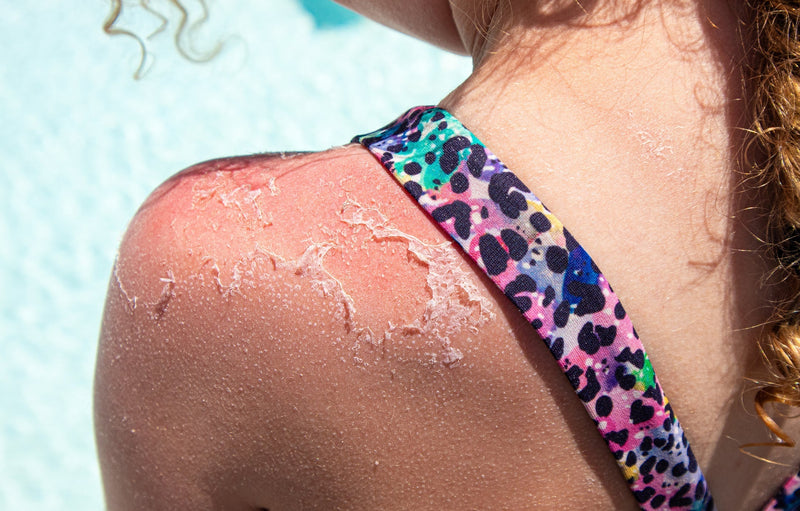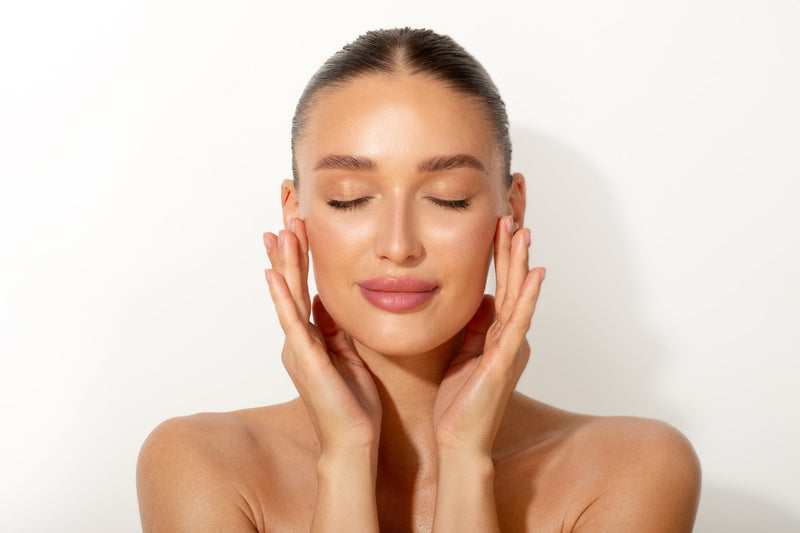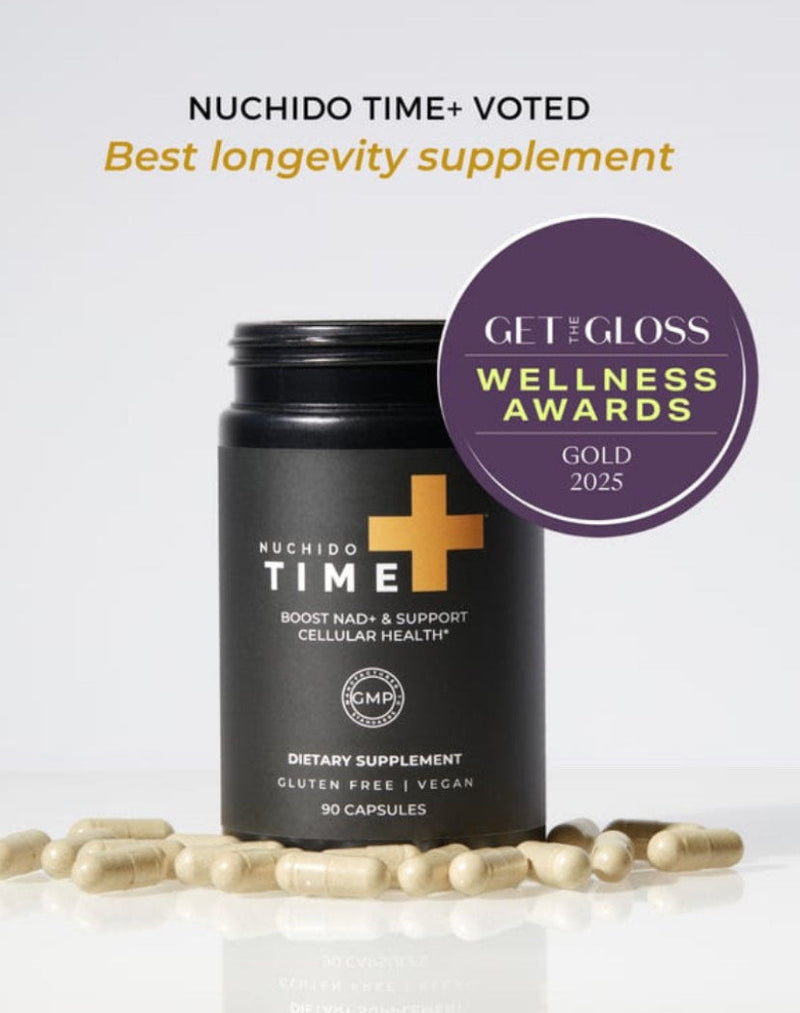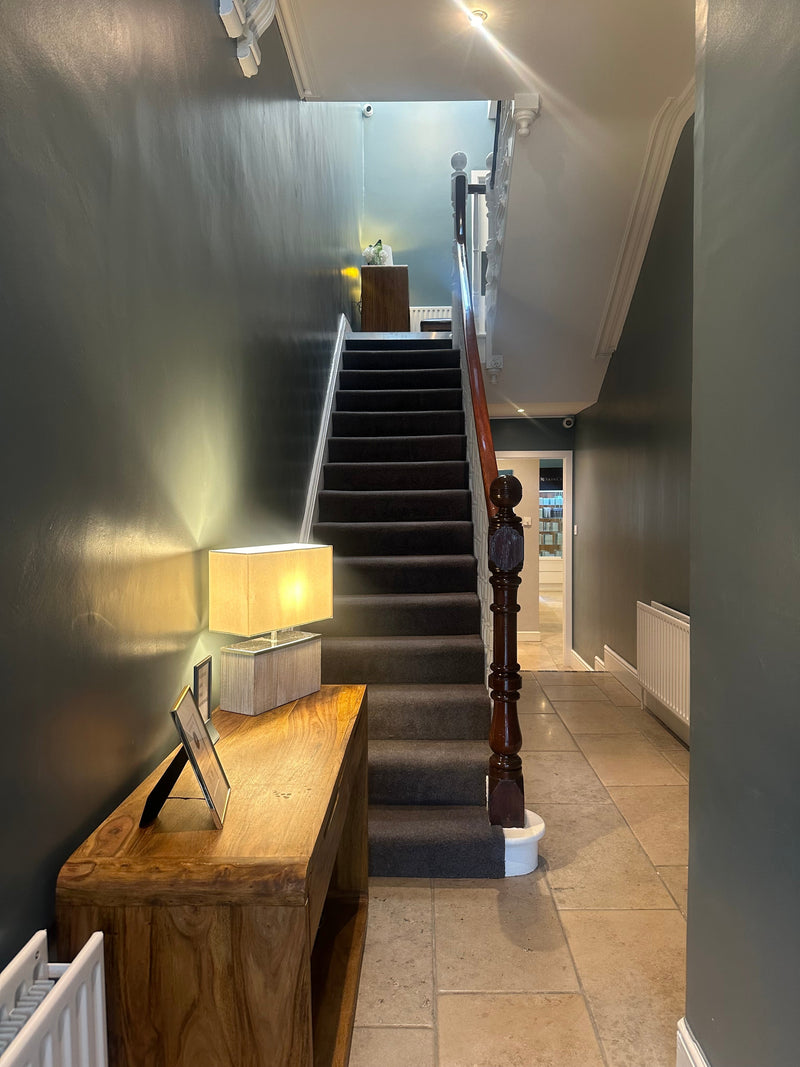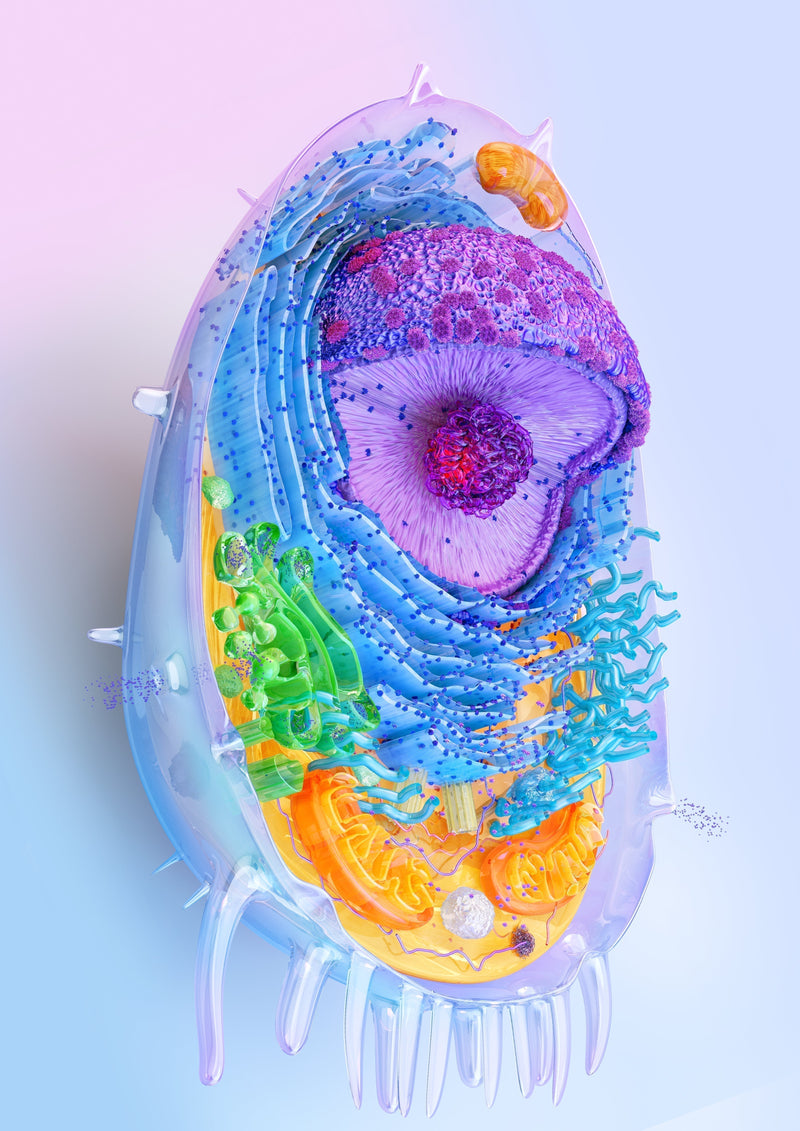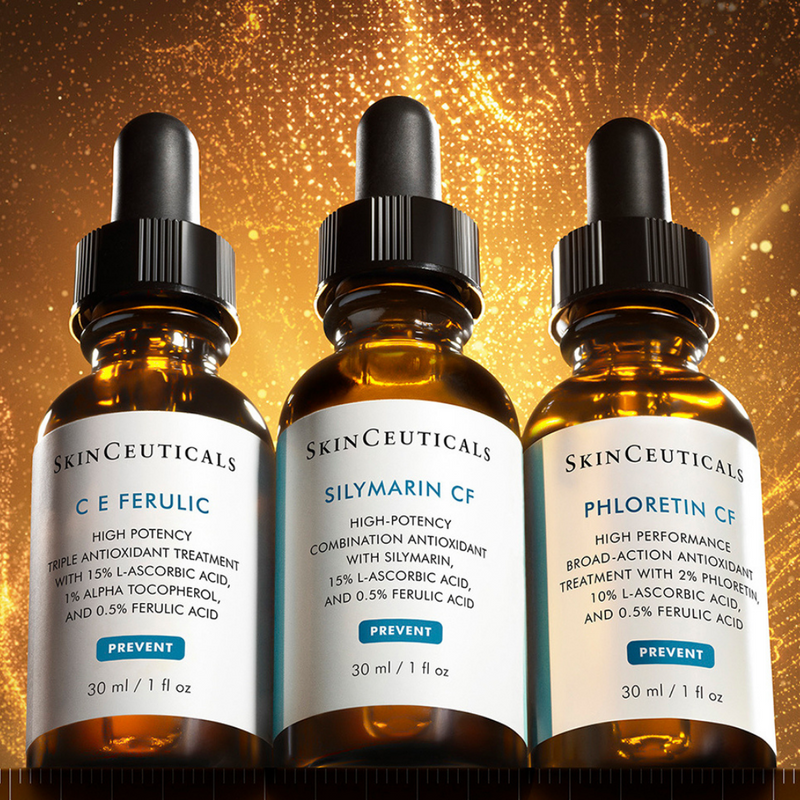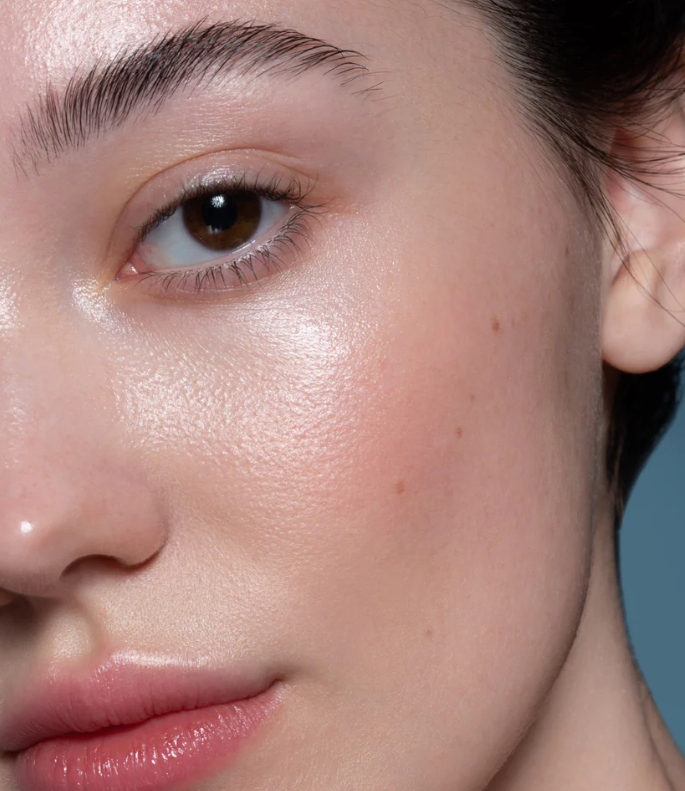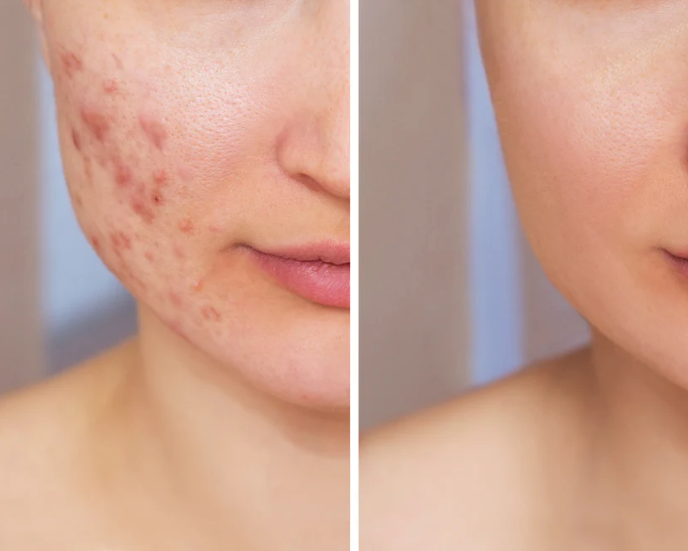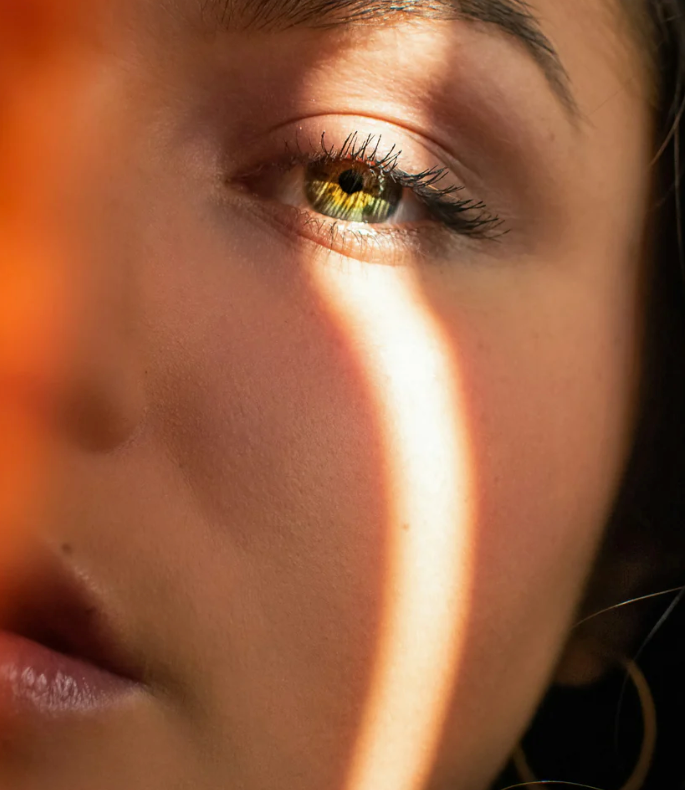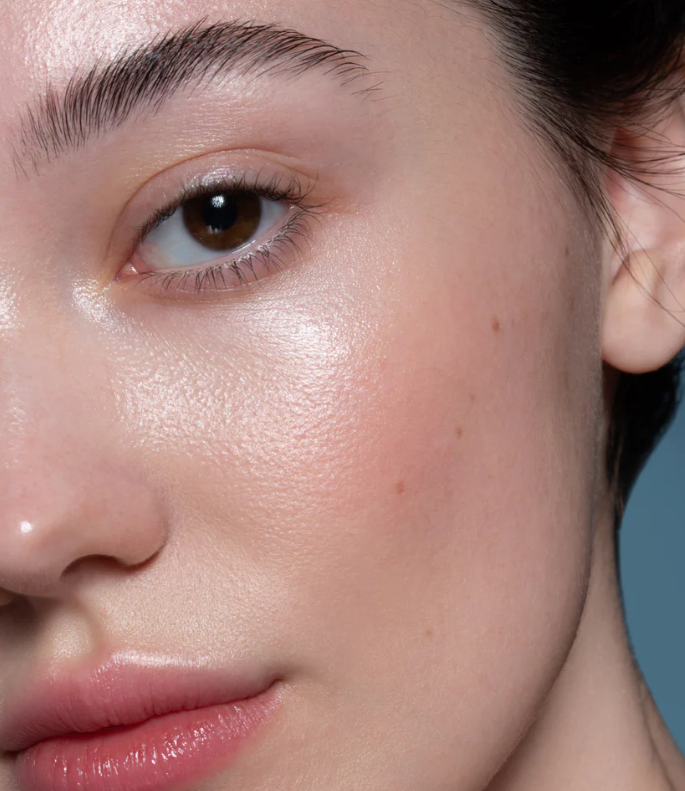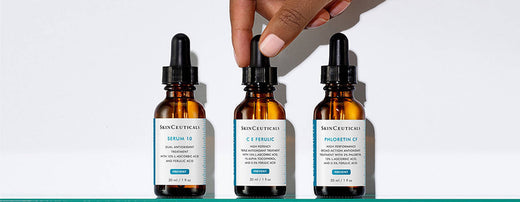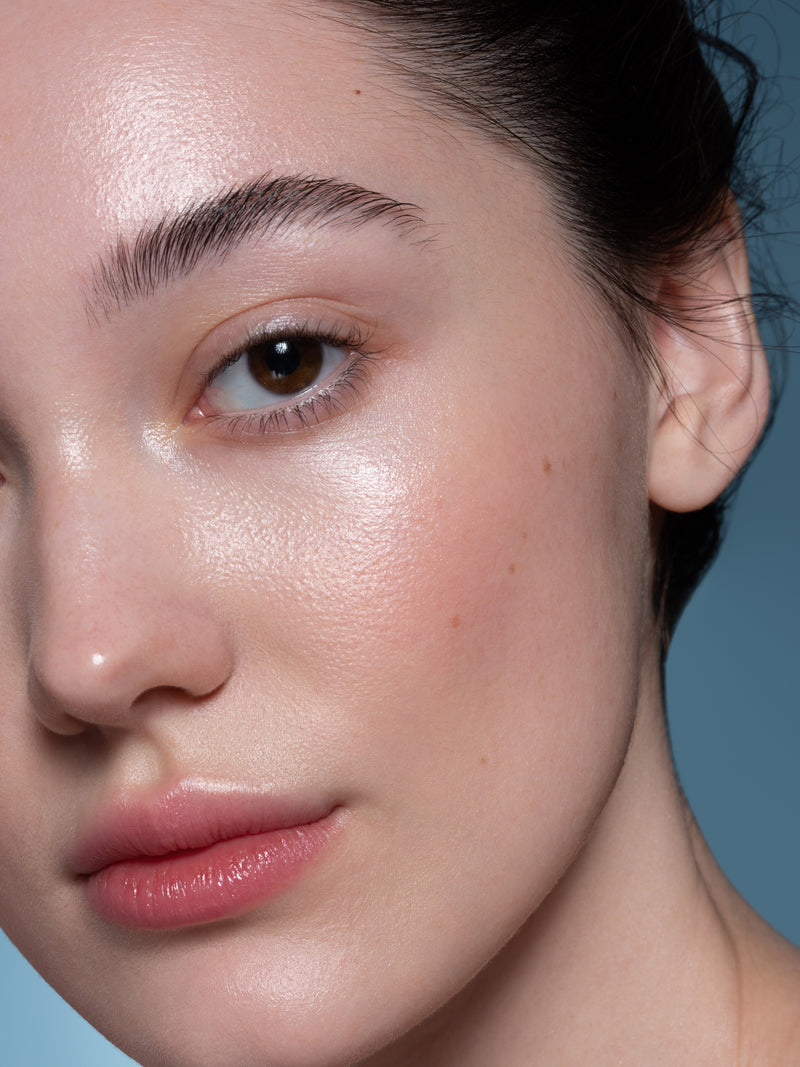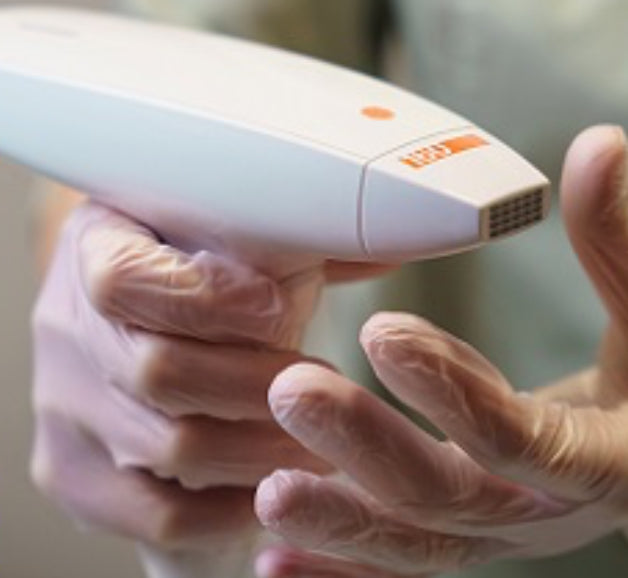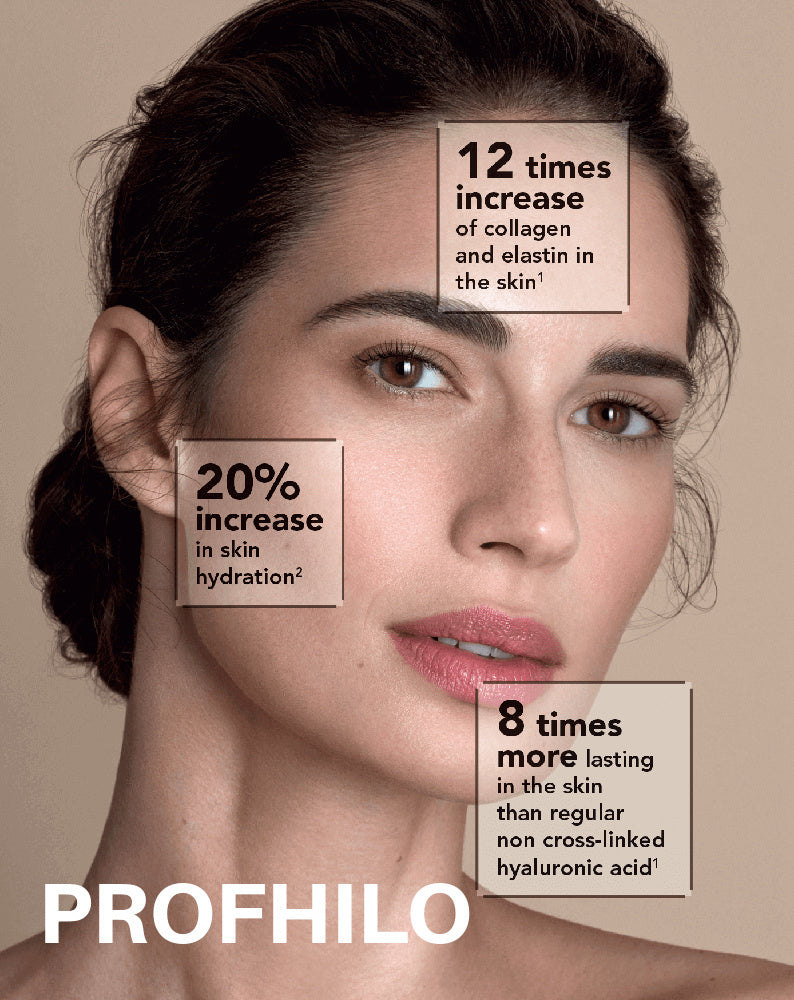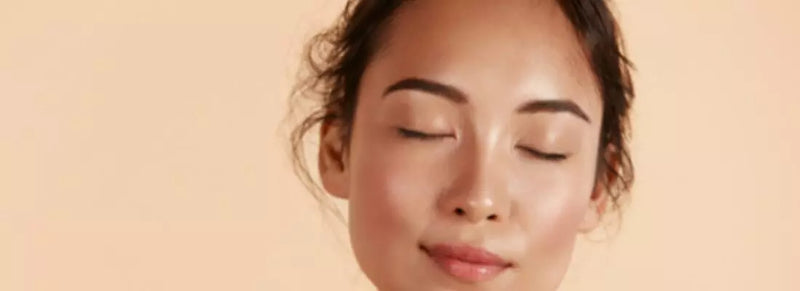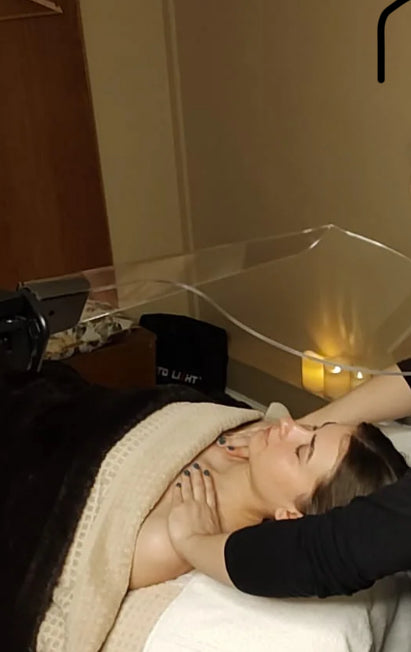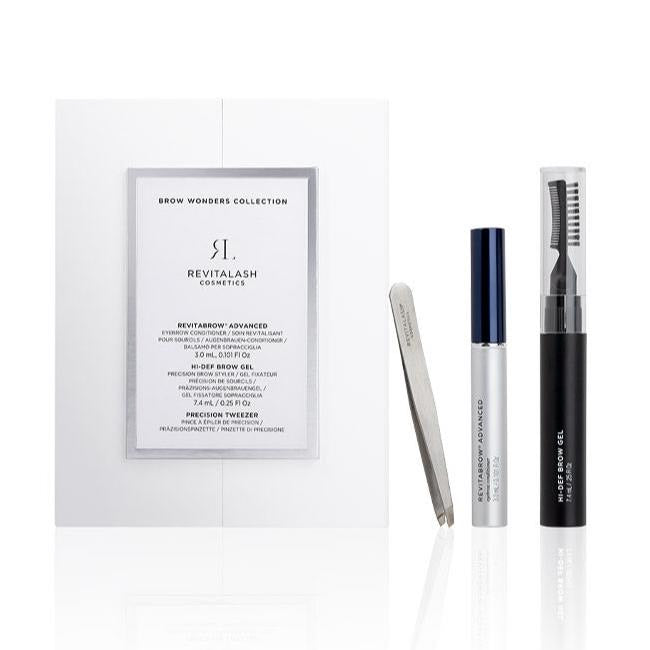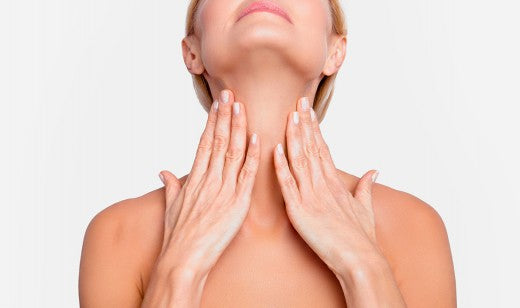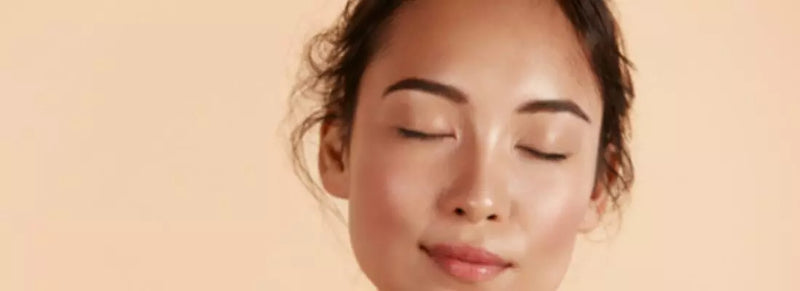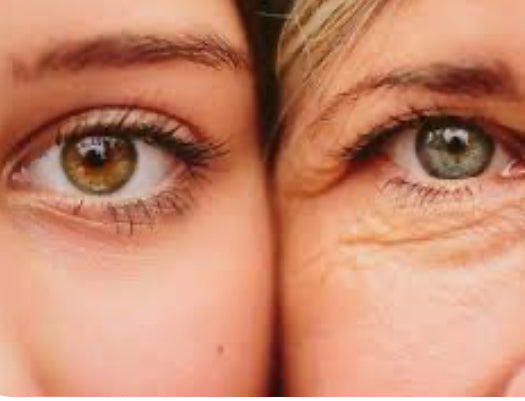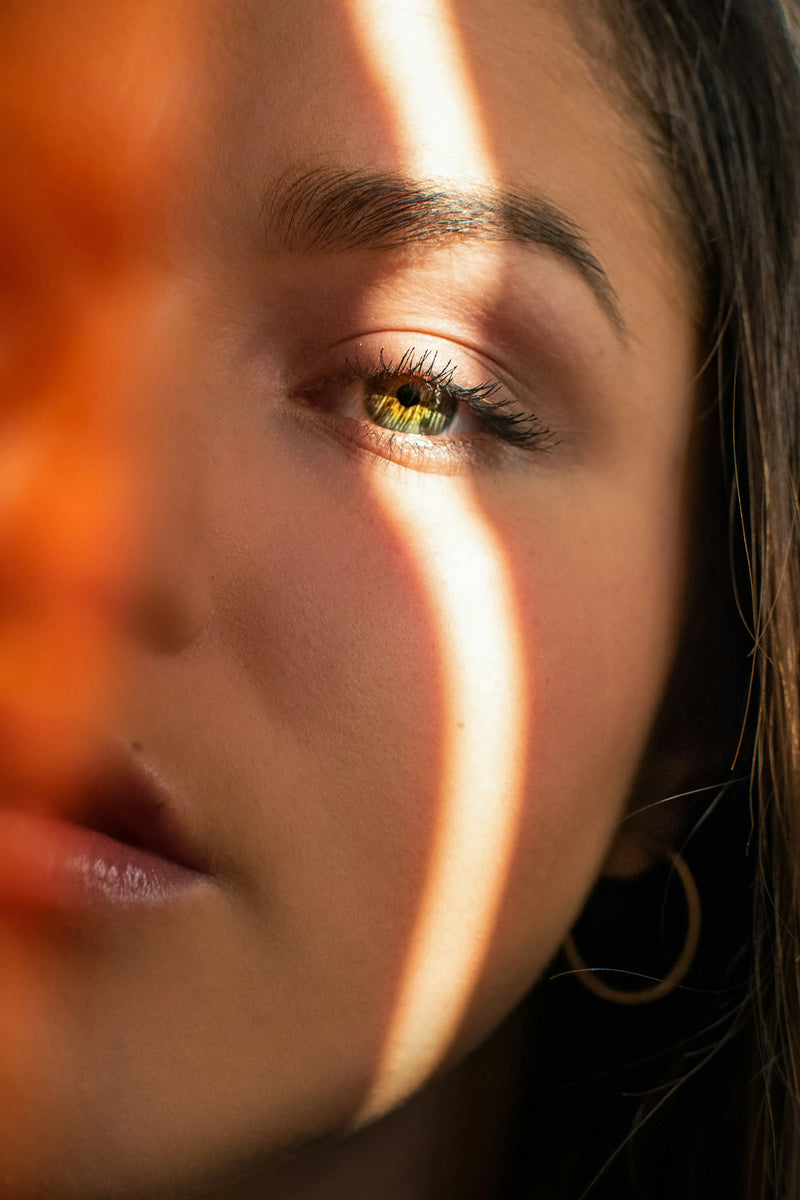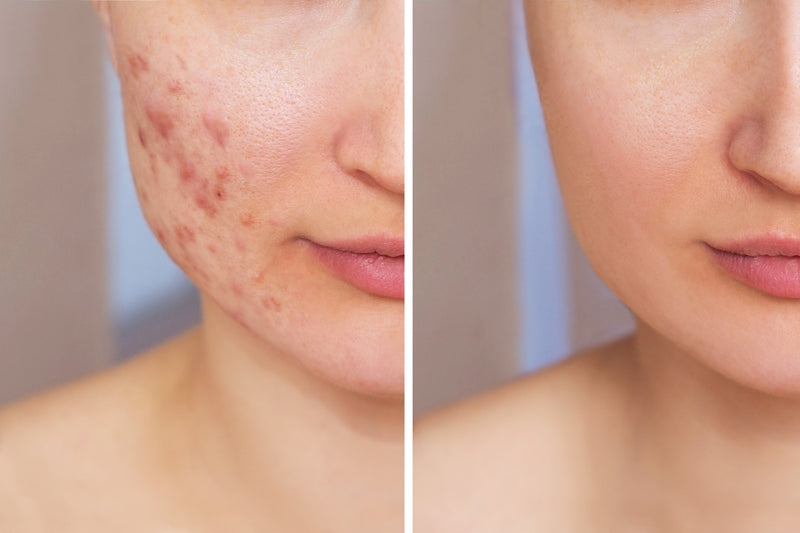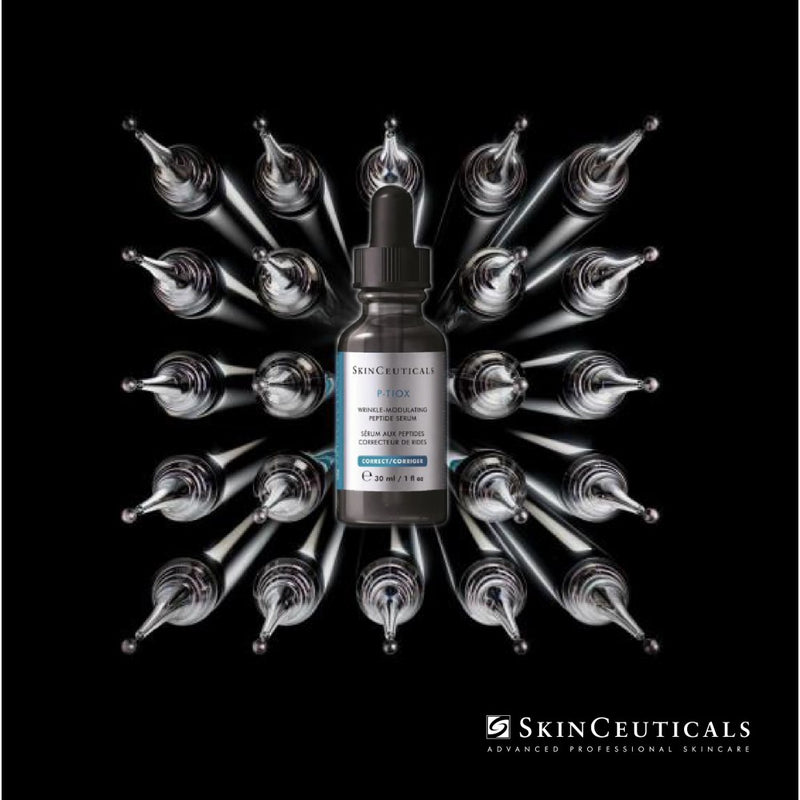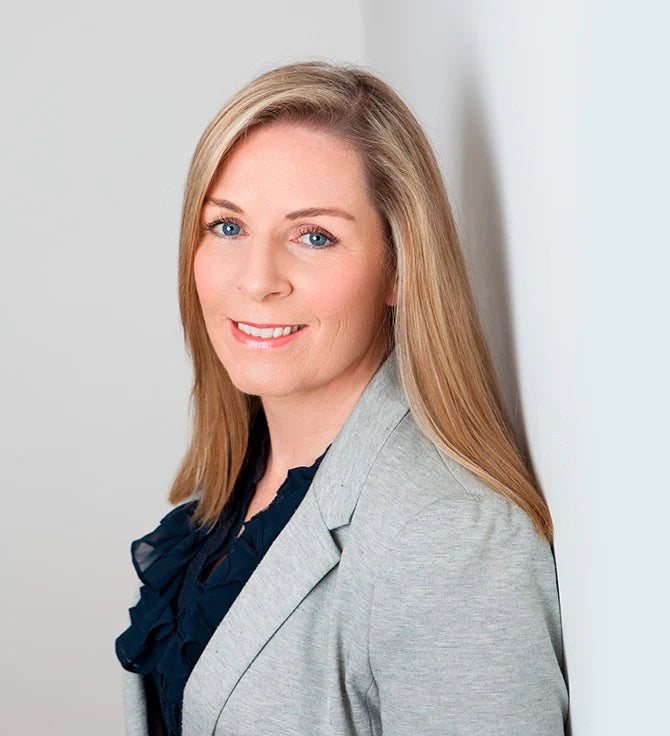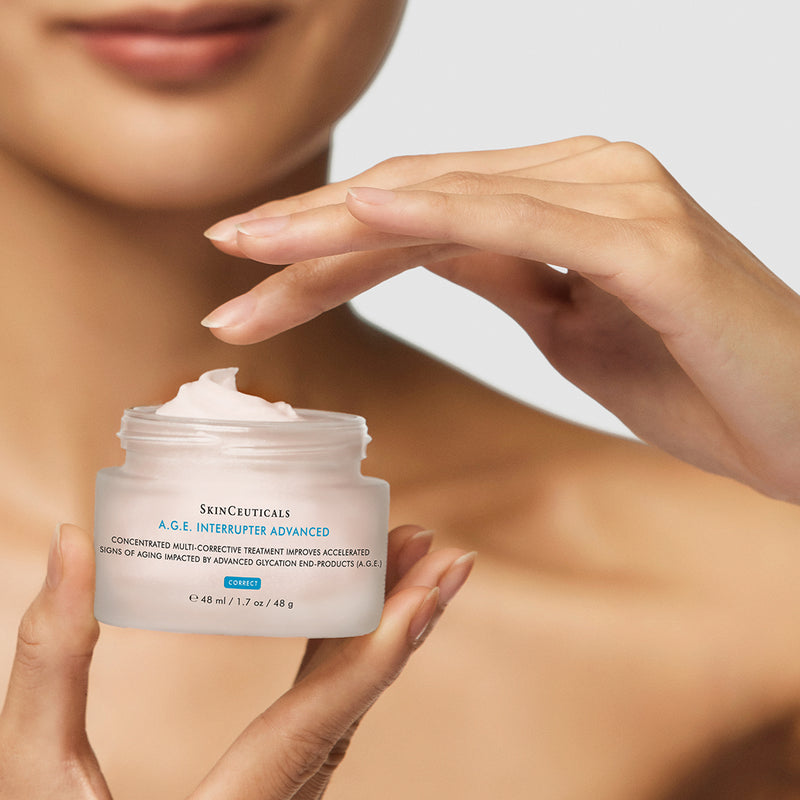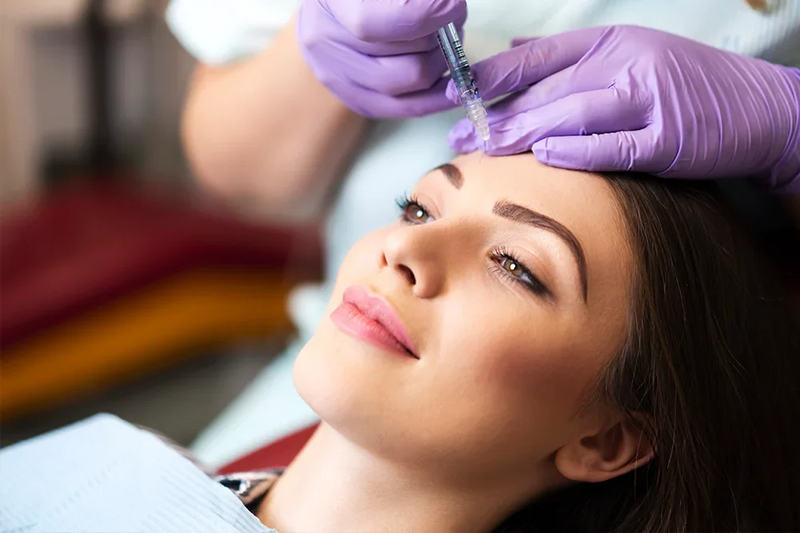Menopause – They don’t call it the change for nothing. This time of life, which begins 12 months after a woman’s last period, triggers changes throughout her body. You may welcome some of these changes — no more PMS! — but what happens now?
How oestrogen affects hair and skin
If you’re seeing changes in your hair and skin post-menopause, you can usually blame rapidly declining levels of the hormone oestrogen.
Oestrogen promotes water retention and plumpness in the skin. When oestrogen drops, you lose some of the molecules that help keep the skin moisturized. Oestrogen also contributes to hair growth and fullness. Without it, your hair may become thinner.
Common menopause skin and hair changes
These are the most common changes people can expect in their skin and hair post-menopause.
Sagging and loss of plumpness
Collagen is a protein that holds the body’s tissues together. And when oestrogen drops, your skin’s collagen production decreases, too. Loss of collagen means the skin loses its youthful volume and tightness.
To combat this problem, many people take collagen supplements or eat high-collagen foods like bone broth. But the jury is still out on this strategy.
Dryness, flakiness and itching
You can usually manage post-menopause skin dryness with a good home care routine.
Cleanse skin gently: Even if your skin is dry, cleanse your skin each day to remove makeup and daily grime. But don’t use a foaming cleanser unless your face is oily. Use a non-foaming, gentle cleanser designed for sensitive skin.
Moisturise daily: After menopause, many women need to up their moisture game. Moisturisers that contain hyaluronic acid, ceramides and glycerine all help hold in water, keeping skin supple. Serums and creams with antioxidants may also help. Antioxidants like vitamin C fight off free radicals that contribute to ageing.
Avoid irritating ingredients: You don’t want to make skin troubles worse with ingredients that aggravate your skin. Avoid products with fragrance, colours and alcohol (usually listed as SD alcohol or denatured alcohol). If it smells or looks pretty, it’s probably not good for sensitive skin, Go for bland, colourless products with little to no scent.”
Take warm, not hot, showers: Keep showers short and not too hot. Hot showers strip your skin of its natural oils, leaving it parched. And moisturise immediately after you towel off. Skin can absorb ingredients better when it’s still damp.
If you see redness or rashes, see your doctor. A dermatologist can rule out issues like eczema, rosacea or allergic reactions and help you find a solution.
Dark spots
Those pesky dark marks, sometimes called age spots, often appear after menopause and they’re hard to treat at home.
Dark spots may not always respond to over-the-counter creams. There are several prescription creams that can help such as tretinoin which is a prescription-strength retinoid. If that’s not enough, in-office facial peels or laser treatments can fade individual spots and enhance the overall brightness and youthful appearance of the skin.
Unwanted facial hair
As hormones shift, you may notice hair on the upper lip or chin. If you want it gone, the tried-and-true methods of tweezing, waxing, hair removal creams and threading will get rid of it — until it grows back.
Electrolysis is a permanent hair removal solution. It destroys the growth cells in hair follicles, so they can’t grow back. Most people need several appointments to get results. If you decide to go this route, choose a licensed electrologist or ask your doctor for a recommendation.
Laser hair removal can get rid of unwanted facial hair — but there’s a caveat. “The laser targets melanin, which gives hair and skin its colour. Laser treatment only works on dark hair. If your unwanted hair is light, the laser won’t work.
Post-menopause acne breakouts
Unfortunately, menopause doesn’t mean the end of pimples. Some women get acne throughout their lives while others get more acne when oestrogen levels drop after menopause.
If you notice post-menopause breakouts, don’t slam them with the strongest acne product you can find. Many of the acne products on store shelves are too harsh and drying for adults. Try a gentle cleanser that contains salicylic acid. If over-the-counter products aren’t working, see your dermatologist for a prescription solution.
And older adults are more likely to experience alopecia often called male or female-pattern baldness. It can cause overall thinning or bald spots. Over-the-counter products with the ingredient minoxidil can help. Combine with shampoos like Nizoral, Selsun or Nixon. These all help to shed deal cells that could block the hair follicle.
Finally, if you notice any of these signs, see your dermatologist:
- Distinct circle-shaped bald spots on the scalp.
- Hair loss that occurs with itching, burning or pain.
- Pimple-like bumps on the hairline.
- Hair coming out in clumps.
- Rash.



